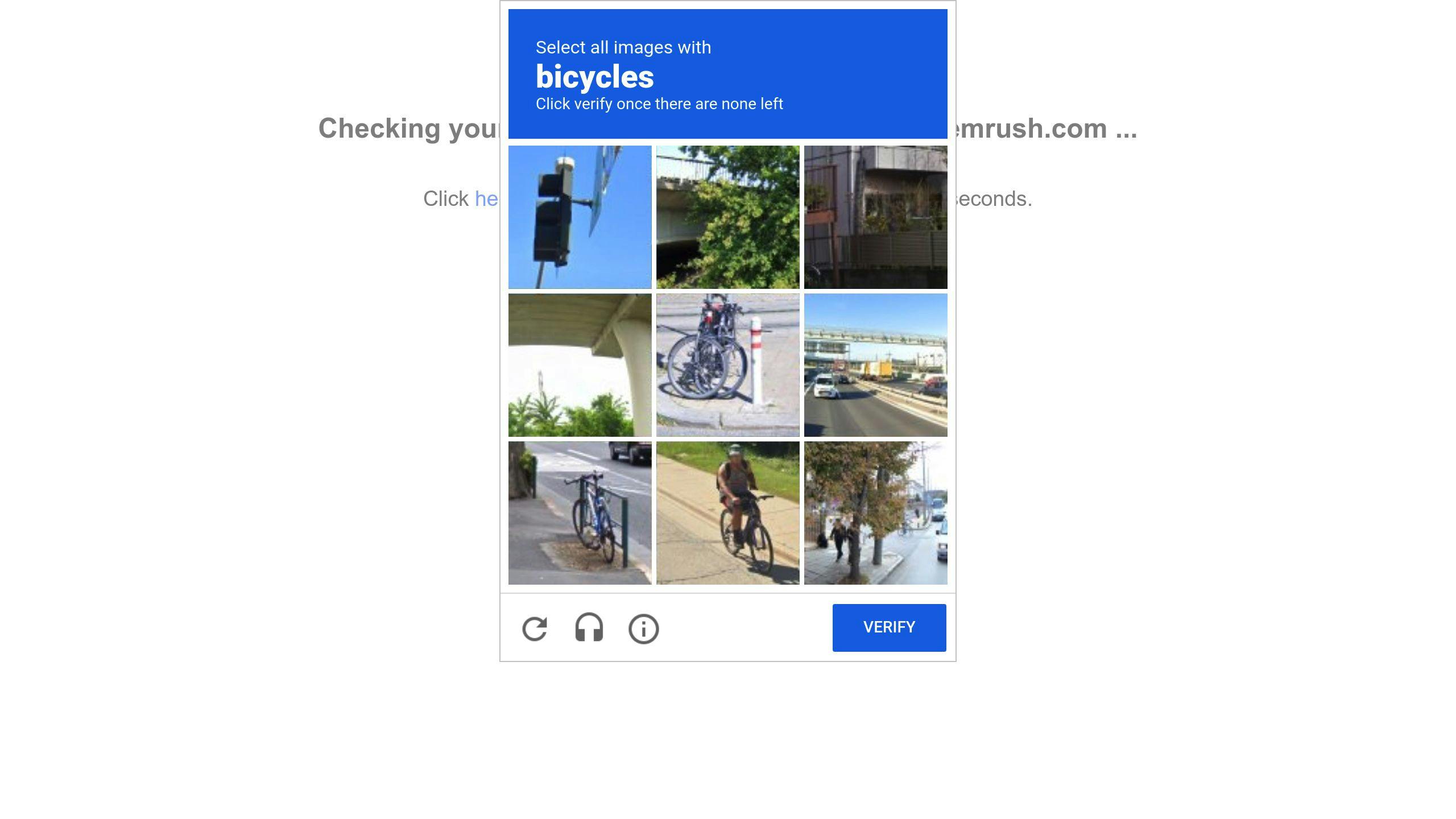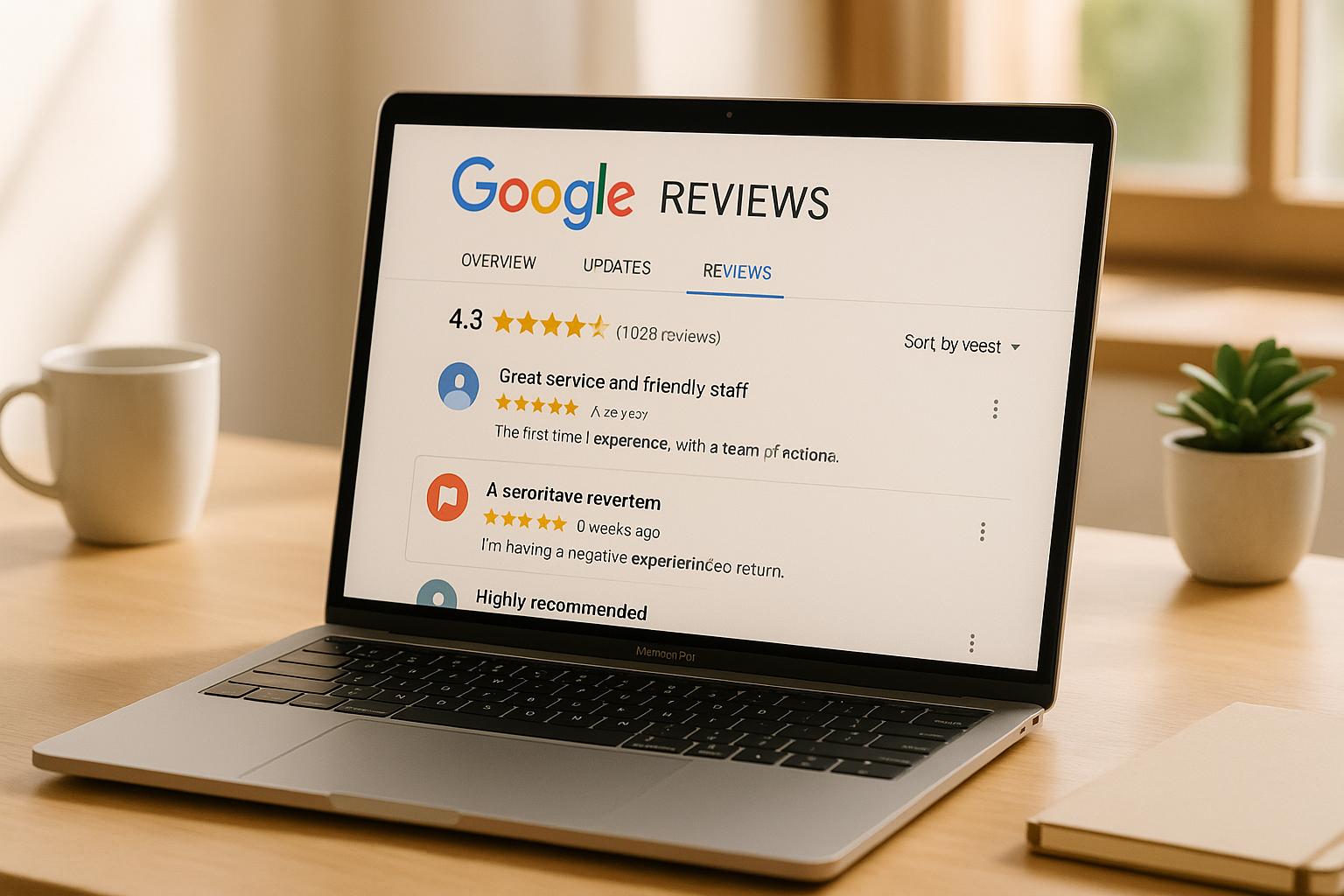Automated keyword research simplifies B2B SEO by using AI to analyze large datasets, uncover trends, and identify high-intent keywords. It addresses challenges like low search volume, high competition, and complex buying cycles, helping businesses create targeted strategies. Key tools include Ahrefs, SEMrush, and Serpstat, each offering unique features for keyword analysis and content planning. Here's what you need to know:
- Why It Matters: 71% of B2B buyers start with generic terms. Automation helps align keywords with buying stages.
- Challenges Solved: AI handles low-volume keywords, finds long-tail alternatives, and matches keywords to buyer intent.
- Top Tools: Compare features like price, focus, and capabilities (e.g., Ahrefs for backlinks, SEMrush for competitor analysis).
| Tool | Price | Focus | B2B Fit |
|---|---|---|---|
| Ahrefs | $99/month | Backlink Research | High |
| SEMrush | $119.95/month | Competitor Analysis | High |
| Serpstat | $69/month | Technical SEO | Medium |
Start by analyzing your internal data (e.g., CRM, PPC results), use tools to evaluate metrics like search volume and intent, and organize keywords into clusters for content strategies. Automation makes B2B SEO faster and more effective.
Semrush Vs Ahrefs 2024 - Which SEO Tool Takes The Crown?

Tools for Automated Keyword Research
Automated keyword research tools have come a long way, offering advanced features tailored to the needs of B2B SEO. These tools leverage AI and data analysis to deliver insights that help B2B marketers make smarter decisions.
Best Tools for Automated Keyword Research
- Ahrefs ($99/month): Known for its powerful backlink research and competitor analysis, this tool is a great choice for B2B companies focused on industry-specific keywords .
- SEMrush ($119.95/month): Offers a wide range of features, including competitor insights, content optimization, and technical SEO auditing .
- Serpstat ($69/month): A budget-friendly option that excels in competitor analysis and identifying content gaps for B2B marketers .
Comparing Keyword Research Tools
| Tool Feature | Ahrefs | SEMrush | Serpstat | Moz |
|---|---|---|---|---|
| Starting Price | $99/month | $119.95/month | $69/month | $99/month |
| Specialty | Backlink Research | Competitor Analysis | Technical SEO | Keyword Research |
| B2B Focus | High | High | Medium | High |
| API Access | Yes | Yes | Yes | Yes |
| Content Planning | Limited | Advanced | Basic | Advanced |
Using the Top SEO Marketing Directory
The Top SEO Marketing Directory (marketingseodirectory.com) is a helpful resource for B2B companies looking for specialized keyword research tools. It features curated listings of SEO tools and services, making it easier to find solutions that fit both specific needs and budget constraints.
For the best results, consider combining tools. For example, pairing Ahrefs' backlink analysis with SEMrush's competitor insights can give you a more complete understanding of your market .
Once you’ve chosen the right tools, the next step is learning how to use them effectively for B2B keyword research.
sbb-itb-5be333f
How to Conduct Automated Keyword Research
Automated keyword research for B2B SEO involves blending your internal data with advanced tools and external resources. Here's a step-by-step guide to get it done efficiently.
Gathering Initial Data
Start by diving into your internal data sources to identify potential keywords. Look for common phrases and terms in:
- Sales and communication records
- Support tickets and customer feedback
- Website search queries
- PPC campaign performance
For example, CRM data can reveal that prospects often use technical terms or industry-specific jargon that may not align with your marketing team's assumptions. Use this information as a starting point for your keyword research.
Using Tools to Analyze Keywords
Once you have an initial list, leverage automated tools to evaluate their potential. Key metrics to focus on include:
| Metric | B2B Consideration |
|---|---|
| Search Volume | Focus on quality over sheer numbers. |
| Keyword Difficulty | Aim for a range of 30-60 for B2B keywords. |
| Cost Per Click | High CPC often signals strong commercial intent. |
| Search Intent | Prioritize terms that show buying intent. |
For example, a keyword like "enterprise cloud migration solutions" suggests stronger purchase intent compared to a more general term like "what is cloud computing."
Adding External Data to Your Research
Expand your keyword list by tapping into external data sources with the help of automated tools:
- Competitor Analysis: Tools like Ahrefs can help you identify competitor keywords ranked between positions 4-20, offering opportunities for quick wins .
- Customer Reviews: Platforms like G2 and Capterra are goldmines for discovering keywords tied to real customer problems and solutions.
- Google Auto-suggest: This feature can reveal how your audience naturally searches for solutions.
As Google's Gary Illyes points out, aligning your keywords with actual user behavior is essential for SEO success.
For more tool suggestions, check out the Top SEO Marketing Directory (marketingseodirectory.com), which lists specialized keyword research tools tailored for B2B needs.
Once you’ve built a strong keyword list, you’re ready to organize it into a well-structured B2B SEO strategy.
Building a B2B Keyword Strategy
Once you've gathered and analyzed your keywords, the next step is turning that research into a B2B SEO strategy that delivers results. This involves organizing your keywords thoughtfully and developing a content plan tailored to your business goals.
Grouping Keywords for B2B SEO
ClusterAi simplifies the process by automatically grouping related keywords based on shared ranking websites. This mirrors how search engines understand topic relationships, making it easier to create content that aligns with user expectations and search engine algorithms .
Here are some common types of B2B keyword clusters:
| Cluster Type | Purpose | Example Topics |
|---|---|---|
| Solution-based | Tackles specific business needs | Enterprise Security, Cloud Migration, Data Analytics |
| Industry-specific | Targets specific verticals | Healthcare Solutions, Financial Services, Manufacturing |
| Buying Stage | Aligns with purchase journey | Product Comparison, Implementation Guide, ROI Calculator |
Creating a Content Calendar
To maximize the impact of your keyword clusters, turn them into a content calendar that balances search volume, competition, and business priorities.
- Content Type Mapping: Match each keyword cluster to the right content format based on search intent and the complexity of the topic:
| Content Type | Best For | Example Keywords |
|---|---|---|
| Blog Posts | Answering informational queries | "How to implement zero trust security" |
| Whitepapers | In-depth technical content | "Enterprise blockchain implementation guide" |
| Case Studies | Bottom-funnel decision-making | "Cloud migration ROI statistics" |
- Implementation Strategy: Develop a realistic timeline that aligns with your resources. Publishing fewer, high-quality pieces consistently is more effective than churning out a lot of low-quality content .
- Performance Monitoring: Use SEO tools to track metrics like rankings, traffic, and conversions. This data helps you refine your approach and focus on what works .
This structured method ensures your content supports the complex buying cycles typical in B2B and meets the needs of various stakeholders. With your strategy and content calendar ready, the next step is putting it into action and continuously improving.
Summary and Final Thoughts
Automated keyword research tools have changed the game for B2B marketers, making data analysis faster and uncovering new opportunities. While automation speeds things up, combining it with a solid strategy is key to getting the best results.
In complex B2B industries, manual keyword research often falls short. Automation has made it easier for businesses to adopt more precise, data-driven SEO strategies.
Here’s a breakdown of how modern B2B keyword research adds value:
| Phase | Key Benefits | Impact on Strategy |
|---|---|---|
| Data Collection | Market insights | Better decision-making |
| Keyword Analysis | Focus on user intent | Improved conversion rates |
| Content Planning | Builds authority on topics | Greater search visibility |
For marketers looking for tools to improve their strategies, the Top SEO Marketing Directory is a helpful resource. It offers a curated list of tools tailored to B2B needs, covering everything from technical SEO to in-depth keyword analysis.
AI is set to play a big role in the future of keyword research. By keeping up with new technologies and refining your approach, you can make the most of B2B keyword research and achieve strong results for your business.


